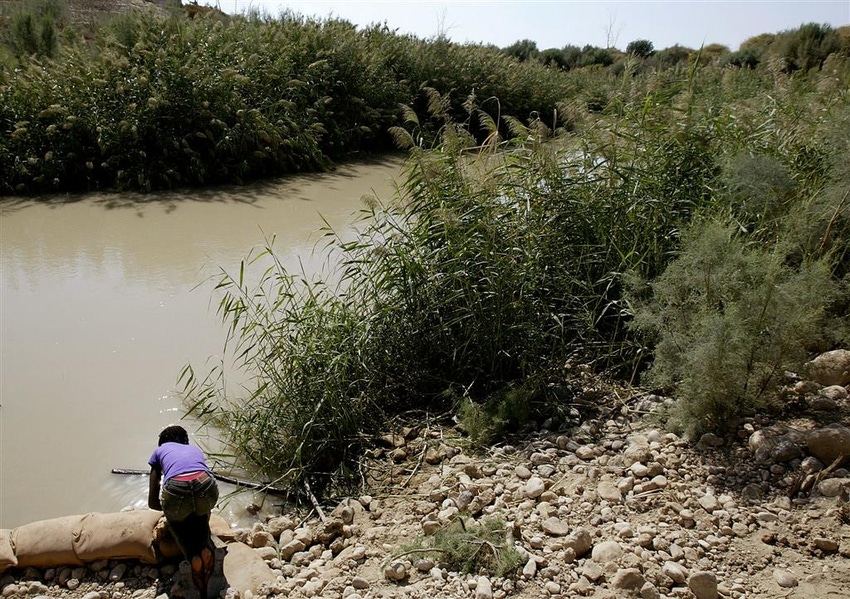May 4, 2015

A PBS report shows how Israel, once in a similar position as California is currently in over water, is now in a surplus position because of technology California seems reluctant to use.
According to the report, the Middle Eastern democracy constructed five desalination plants over the past 10 years to put the country in an enviable position in the region. It now has more than enough water for its citizens and is able to share the rest with its neighbors.
This, according to the report, could help ease some of the political tensions in the region as water availability is apparently one of the tenets of peace agreements between the sides.
How Israel reached this point is a road similar to the one California and the United States are currently on.
For decades Israel and its neighbors diverted flows from the Jordan River, which serves as a natural border between Israel and the West Bank, and its neighbors to the east. The river eventually flows into the Dead Sea.
For years Israel ran public service announcements to urge more conservation. Meanwhile, capital was spent to build recycling facilities and to conserve what little resources they had. As is seen in California, recycling goes only so far.
The move to desalination seems to be the turning point for Israel’s water woes. While recycling efforts can clean up municipal water for use on crops, drinking water now comes from the Mediterranean Sea. One plant alone is said to supply 1.5 million people.
The plants cost $400 million each to build, according to the report.
While the facilities are said to be quite energy intensive they do what conservation and recycling could not. They’ve made a tiny country in a politically-charged region self-reliant for its water needs. No longer must they battle over Jordan River for their drinking water.
Some environmental groups think this could bode well for a river that was said to be down 95 percent from its historic flows.
Water recycling and conservation is said to be much higher in Israel than most other places in the world.
The breakthrough in desalination has been with membrane technology, which reduced the cost of desalination from about $1 per cubic meter to about 40 cents in just a few years.
One fascinating part of the story is how quick Israel turned around its water woes. Less than 10 years ago they did not have enough water – today they have more than enough for their eight million citizens and are able to sell the rest to their neighbors.
What if California were to embark on such an effort? Imagine the water we could create and infrastructure we could repair if the estimated $68 billion being spent on high speed rail were redirected to such basic needs as water.
Imagine then how rain and snow could be captured for agriculture and the environment, stretching that resource in drought years and making it plentiful in wet years to replenish aquifers and lakes.
You May Also Like




